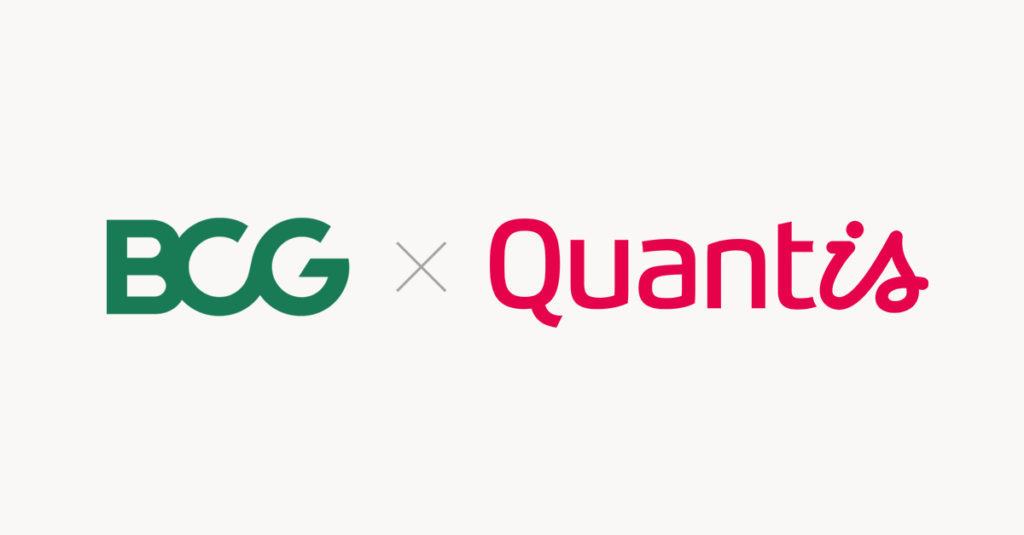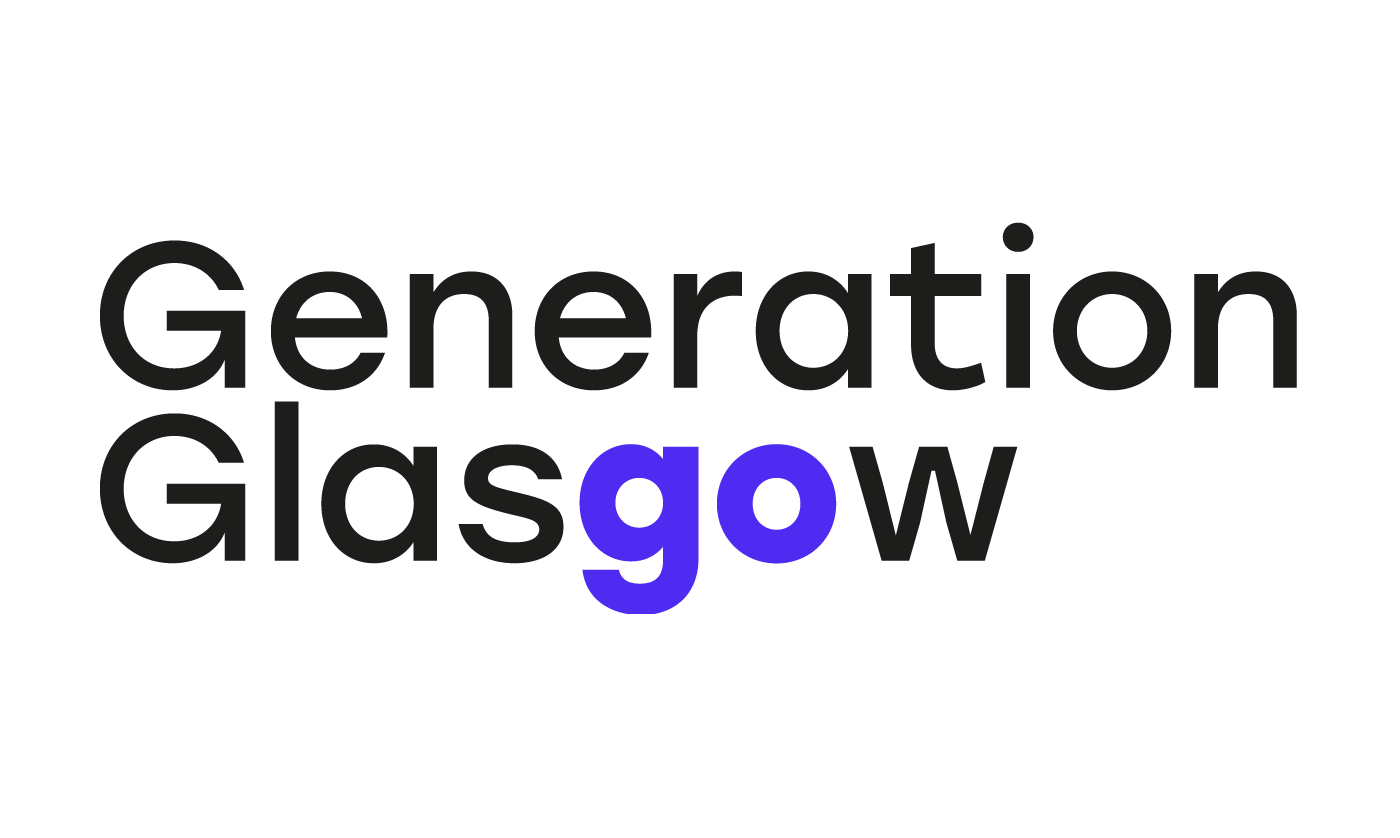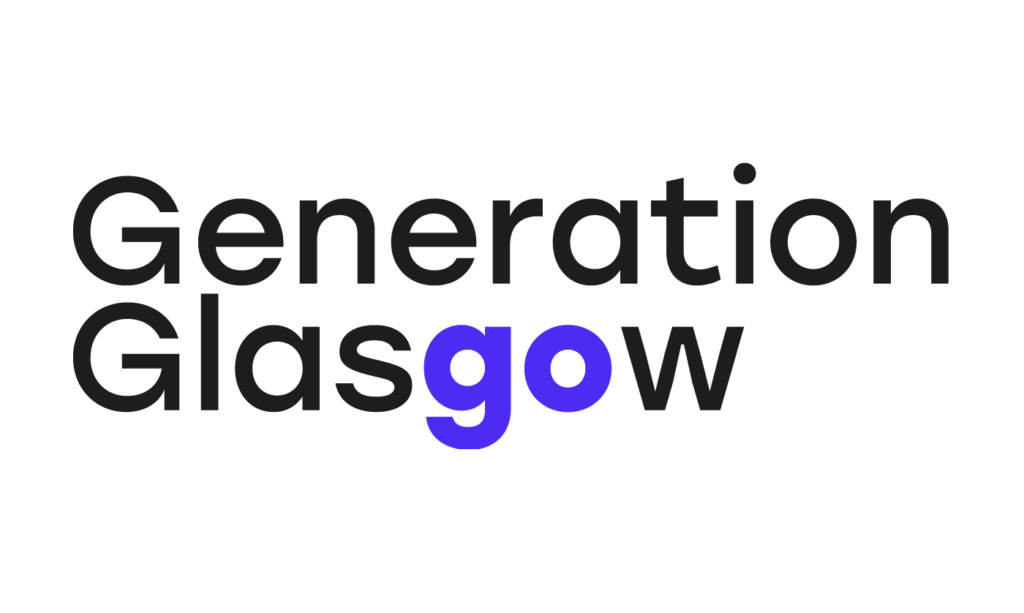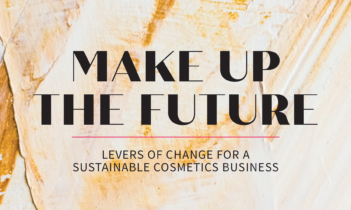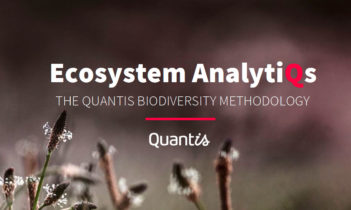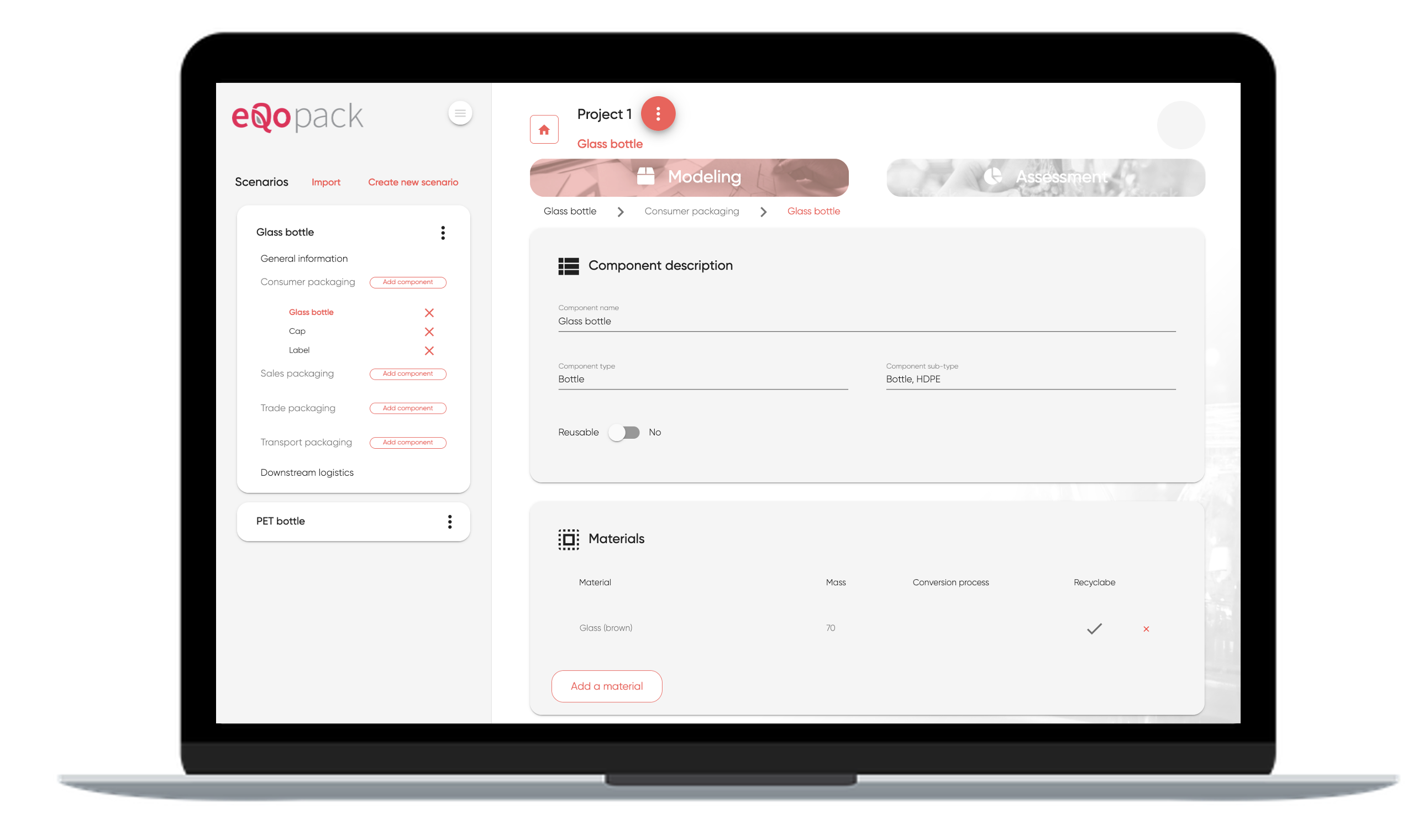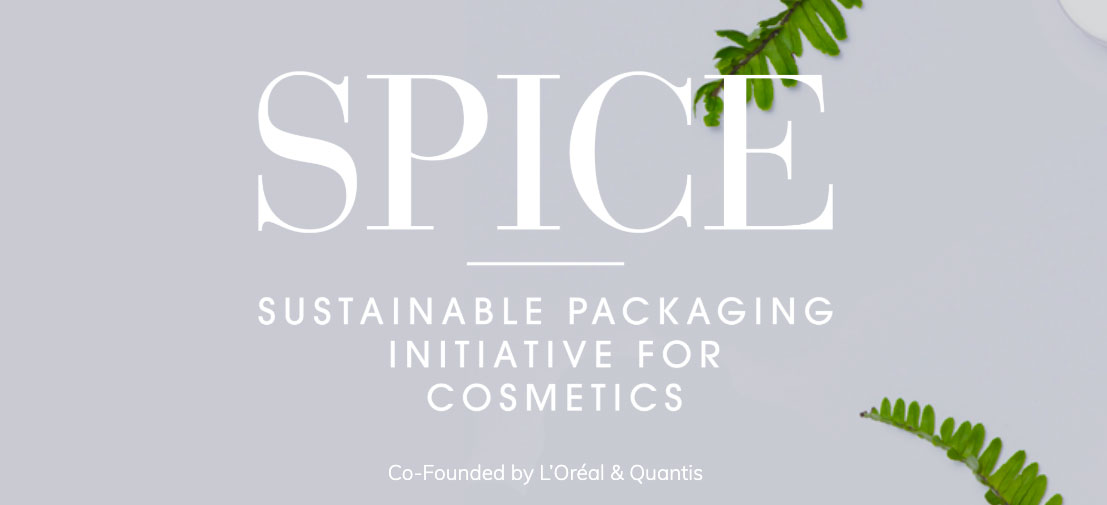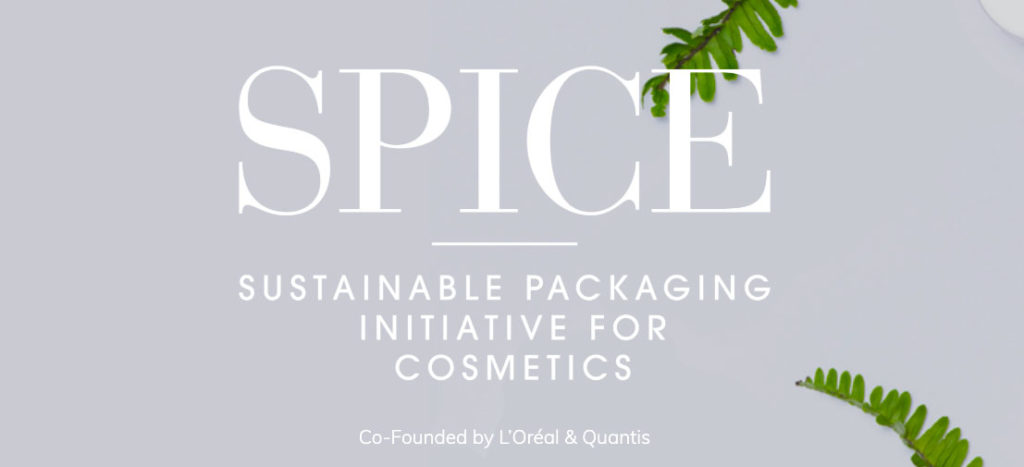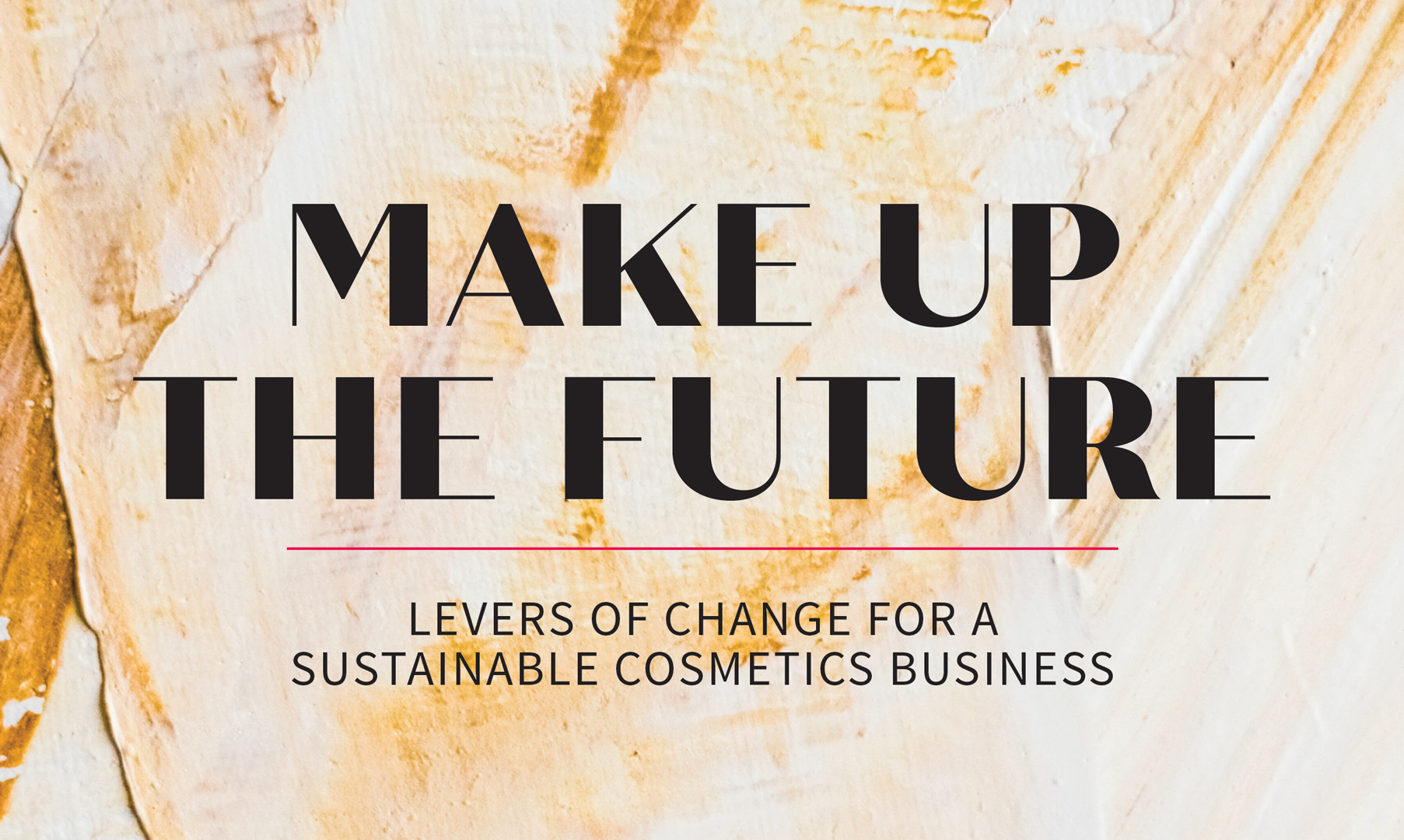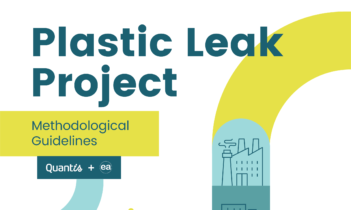Lausanne, Switzerland – February 27, 2020 – Leading sustainability consulting group Quantis and ecodesign center EA, together with 35 member organizations and stakeholders, are pleased to announce the release of the Plastic Leak Project (PLP) Guidelines, the first standardized methodology to map, measure and forecast plastic leakage across corporate value chains. Plastic leakage is the potential amount of macro- and microplastics that are not kept in a circular loop or properly managed at their end-of-life, and thus leak into the environment. The PLP guidelines allow companies to move from commitment to science-based plastic strategies and meaningful actions on addressing plastic pollution.
Following a yearlong collaboration within the scope of the multi-stakeholder Plastic Leak Project and rigorous testing of the methodology through two in-depth pilot projects, the pioneering guidelines and proof-of-concept case studies are publicly available today. [Download the Plastic Leak Project Methodological Guidelines and Brief.]
“The Plastic Leak Project has made important advancements towards a credible accounting system for plastic leakage at product level,” affirms WWF-US’s Alix Grabowski, Manager, Plastics and Packaging — a PLP member. “This process has brought together many key organizations and provided a robust way forward. It’s essential that all stakeholders commit to improving data collection and transparency regarding plastic value chains, waste management, and pollution, and we see these guidelines as one piece of the puzzle as we work towards our broader No Plastic in Nature vision.”
A powerful methodology for driving meaningful action
Developed for companies, the PLP guidelines provide businesses at all stages of the value chain with a robust, standardized method for calculating and reporting estimates of plastic and microplastic leakage at both the corporate and product level. Based on a leading-edge life cycle assessment approach, the guidelines lay out the sources and pathways of plastic leakage across the globe. With a plastic leakage assessment, companies can locate hotspots, understand how much leakage is occurring and identify the factors contributing to plastic pollution across their value chains. The results can be used by corporate decision-makers, sustainability managers, product and packaging designers, and R&D and marketing teams to develop plastics strategies, define priorities and targeted actions, improve product ecodesign efforts, identify value chain innovations, track progress and communicate credibly about the environmental performance of products and the business as a whole. All of which can ultimately mitigate business risks and strengthen brand reputation.
“Plastic pollution is a hot-button issue for businesses across sectors,” states Quantis Senior Sustainability Consultant and Plastic Leak Project Lead, Laura Peano, “so companies have made bold commitments to address their plastic leakage. To ensure their efforts are focused on areas of greatest impact, they need data-driven solutions. That’s what the PLP guidelines provide: clear metrics and guidance to map, measure and forecast plastic leakage in their own industry and supply chains.”
The Plastic Leak Project — a multi-stakeholder initiative to address plastic pollution worldwide
The Plastic Leak Project was launched in 2019 by Quantis and EA to develop smart metrics for businesses to use to build meaningful corporate strategies to tackle plastic pollution. It brings together stakeholders from across the plastics value chain, representing a diversity of expertise and industries: Adidas, Arla Foods, Braskem, CITEO, Cotton Incorporated, Cyclos, Decathlon, DOW, Eastman, Enel X, European Bioplastics, European Tyre & Rubber Manufacturers’ Association, International Wool Textile Organization, Mars, Incorporated, McDonald’s Corporation, PlasticsEurope, RadiciGroup, Sympatex Technologies and The Woolmark Company.
The Project’s strategic committee is comprised of the International Union for Conservation of Nature, the Life Cycle Initiative, the United Nations Environment Programme, and the World Business Council For Sustainable Development. The advisory board includes, among others, experts from CIRAIG, European Commission Joint Research Centre, Massachusetts Institute of Technology, National Geographic Society and WWF.
“IUCN’s ambitious programme on marine plastics engages a wide range of stakeholders, including governments, industries and society. We are confident the PLP methodology will be a valuable contribution to this work by encouraging businesses to harness the latest science on plastic leakage to drive transformative change. Until now, the focus has been on sounding the alarm on the plastics crisis. The time has come for collective action and metrics-based decision-making to drastically reduce plastic pollution.” — Gerard Bos, Director of Global Business and Biodiversity Programme, IUCN – International Union for Conservation of Nature
Moving from commitments to metrics-based problem solving
The race to end plastic pollution is on. Of the estimated 8300 million metric tons of virgin plastic produced between 1950–2015, only 7% has been recycled, while more than half — approximately 4900 million metric tons — has ended up in landfill or leaked into the environment, according to Geyer et al. 2017. Growing awareness around the environmental impact and scale of plastic pollution has made the issue a top priority and risk for businesses in sectors ranging from agri-food to consumer goods and shipping. Companies face growing pressure from investors, consumers and increasingly governments to take urgent action toward a circular model of plastics management.
Until now, businesses have lacked clear and reliable data and methods to translate their bold commitments into actions with measurable and tangible impact. As a result, many of the policies and efforts to-date have been based on best guesses rather than science. While critical for reducing plastic waste, these measures don’t get to the root causes of plastic pollution.
“Through the Plastic Leak Project, we’ve taken the latest science and built consensus among key sectors on a shared method for calculating plastic leakage,” states Julien Boucher, Director of ecodesign center EA. “This actionable metric is a major step forward — it is the tool companies need to design better products and data-driven strategies to stop plastic pollution along their value chains.”
This science-driven approach to tackling plastic pollution enables companies to:
- Minimize risks and build resilience across their value chains
- Uncover opportunities for product and supply chain management innovation
- Strengthen brand reputation by demonstrating leadership in tackling plastic pollution
- Build trust and buy-in among stakeholders through credible communications
Join the informational webinar
To raise awareness on this new methodology for plastic leakage assessment, Quantis is hosting a public webinar with IUCN, Sympatex and Arla Foods to present the PLP guidelines and highlight how sustainability managers and corporate decision-makers can leverage this new resource to drive effective plastic pollution strategies. Register for the WEBINAR: Tackling plastic pollution – introducing science-driven guidelines to address plastic leakage in corporate value chains on April 2nd.
* END *
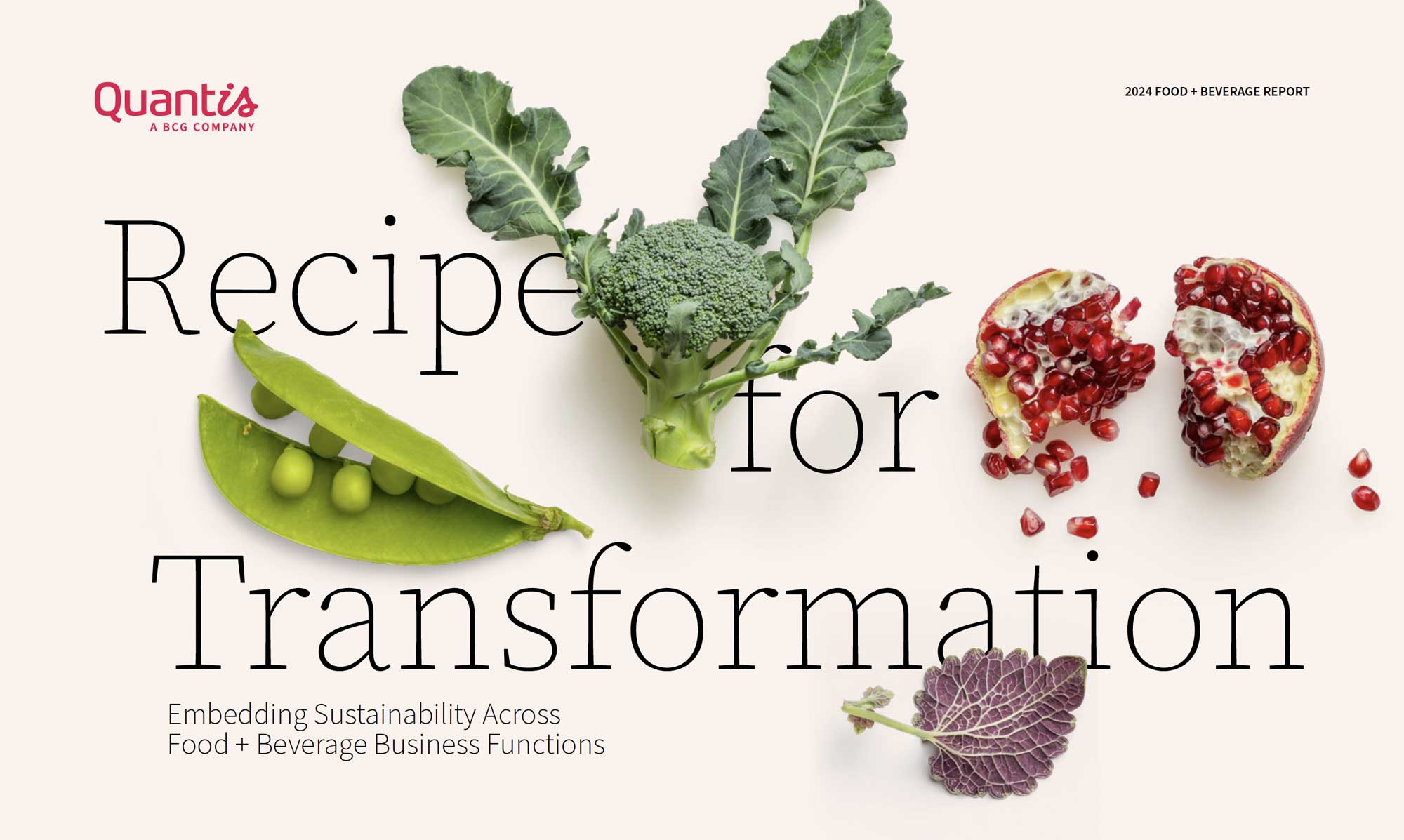
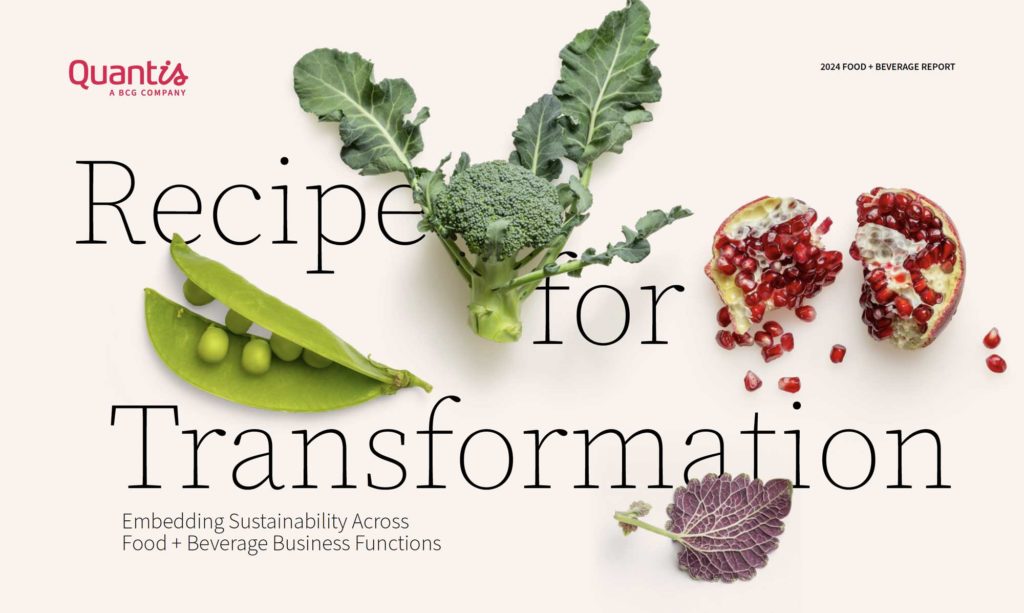



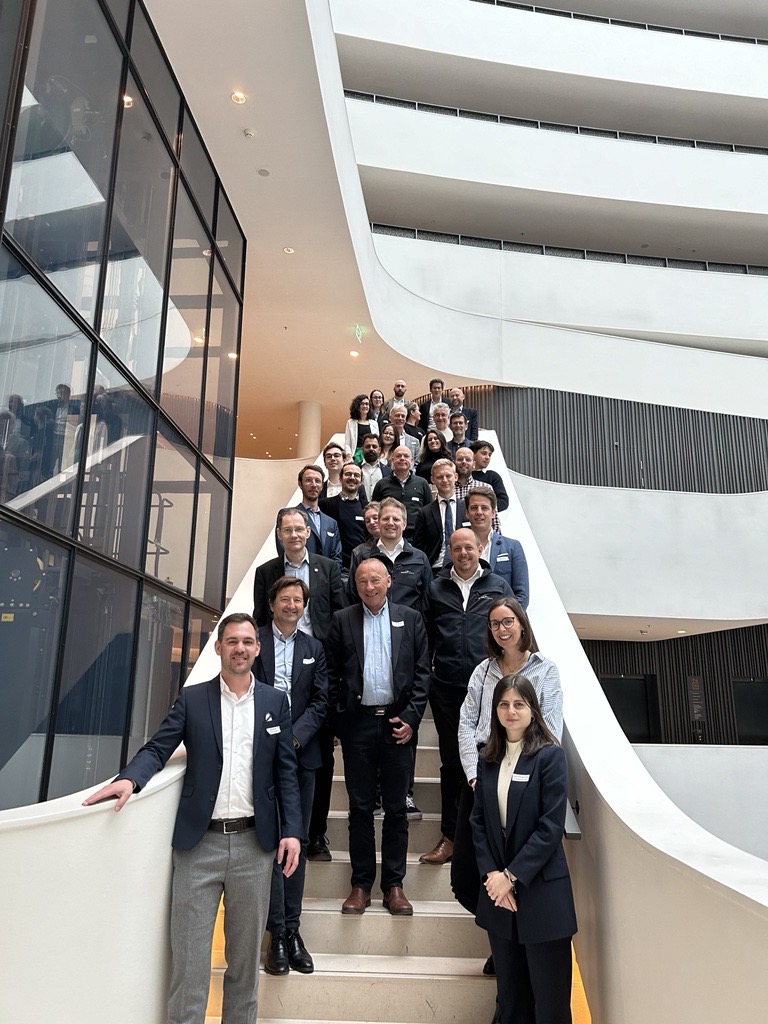
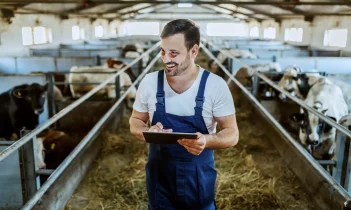
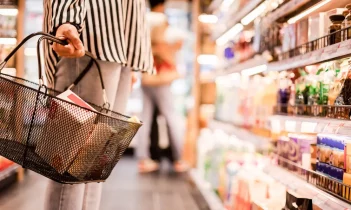
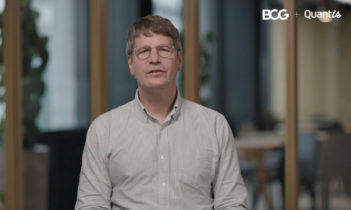







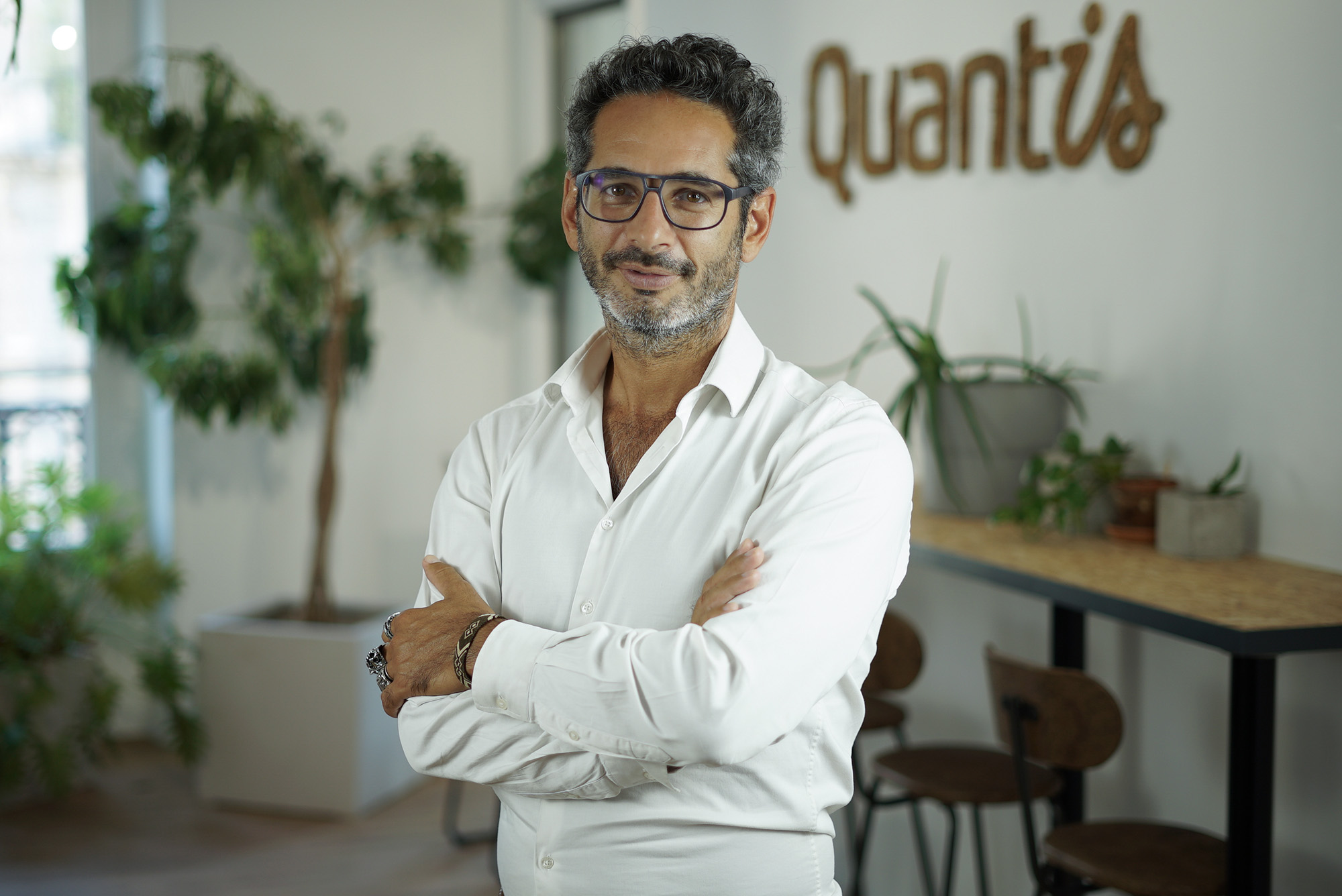





 VIVE Climate Action will empower those in sugar supply chains to measure their emissions, create science-based reductions targets and set them into action with VIVE’s support. Carbon emissions will be reduced at farm and factory level through more sustainable farming and milling practices, and throughout the supply chain through less carbon-intensive logistics strategies. VIVE’s Energy Module already supports sugar mills in Brazil to generate renewable energy from their waste products, making them energy efficient, low carbon, and able to sell excess energy to the grid.
VIVE Climate Action will empower those in sugar supply chains to measure their emissions, create science-based reductions targets and set them into action with VIVE’s support. Carbon emissions will be reduced at farm and factory level through more sustainable farming and milling practices, and throughout the supply chain through less carbon-intensive logistics strategies. VIVE’s Energy Module already supports sugar mills in Brazil to generate renewable energy from their waste products, making them energy efficient, low carbon, and able to sell excess energy to the grid. 

 “
“
